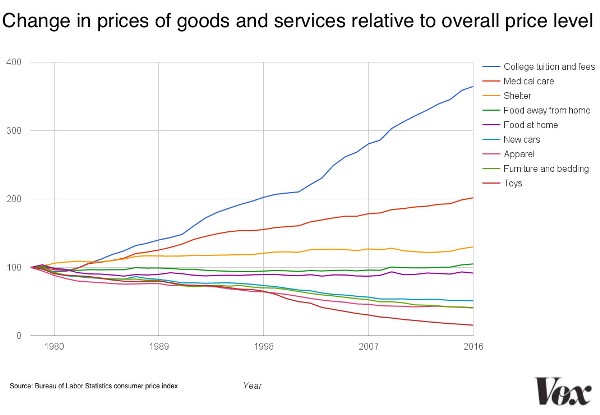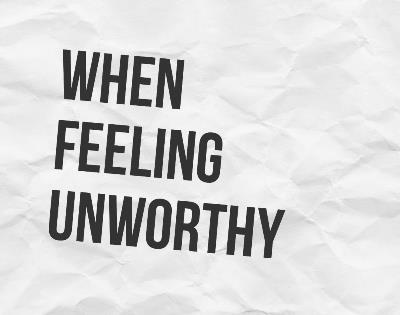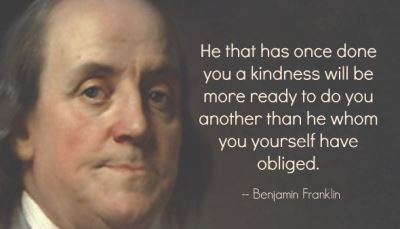In the professional services business, we generally underestimate the importance of the Clients in our development and our success – both as a business and as professionals. Ideal Clients are those that have sufficient confidence to entrust you with challenging issues, pushing you slightly out of your confort zone.

In general, Clients are important for the success of any business endeavor. This can be observed for any project, whether internal or external clients. Incompetent clients or clients that don’t care do not entice for success and development.
Ideal Clients are not the same as Dream Clients. Dream clients may be those for which work will be easy and incredibly well compensated. Ideal clients are challenging while establishing sufficient confidence that you can be creative, stretch yourself and experiment (within certain bounds).
As Pamela Slim remarks, it is also essential to recognize the person in the Client. We need to be able to establish a strong personal relationship. This is quite necessary to allow the confidence level necessary. Also, our intervention should also seek to advance the person of the Client as a person and within its organization. Therefore, the ideal client is someone we can relate to professionally on a personal level too.
Choosing your Clients as a professional services business is not a luxury. It is absolutely essential for sustainability to have challenging yet trusting clients that will develop yourselves and your business. I have made it an essential decision factor when considering the possibility to take on, or continue an assignment.
This post is a follow-up from the post ‘Useful Lessons Learnt for the Professional Services Business‘ based on Pamela Slim’s post ‘23 Lessons from 23 years in business‘.











